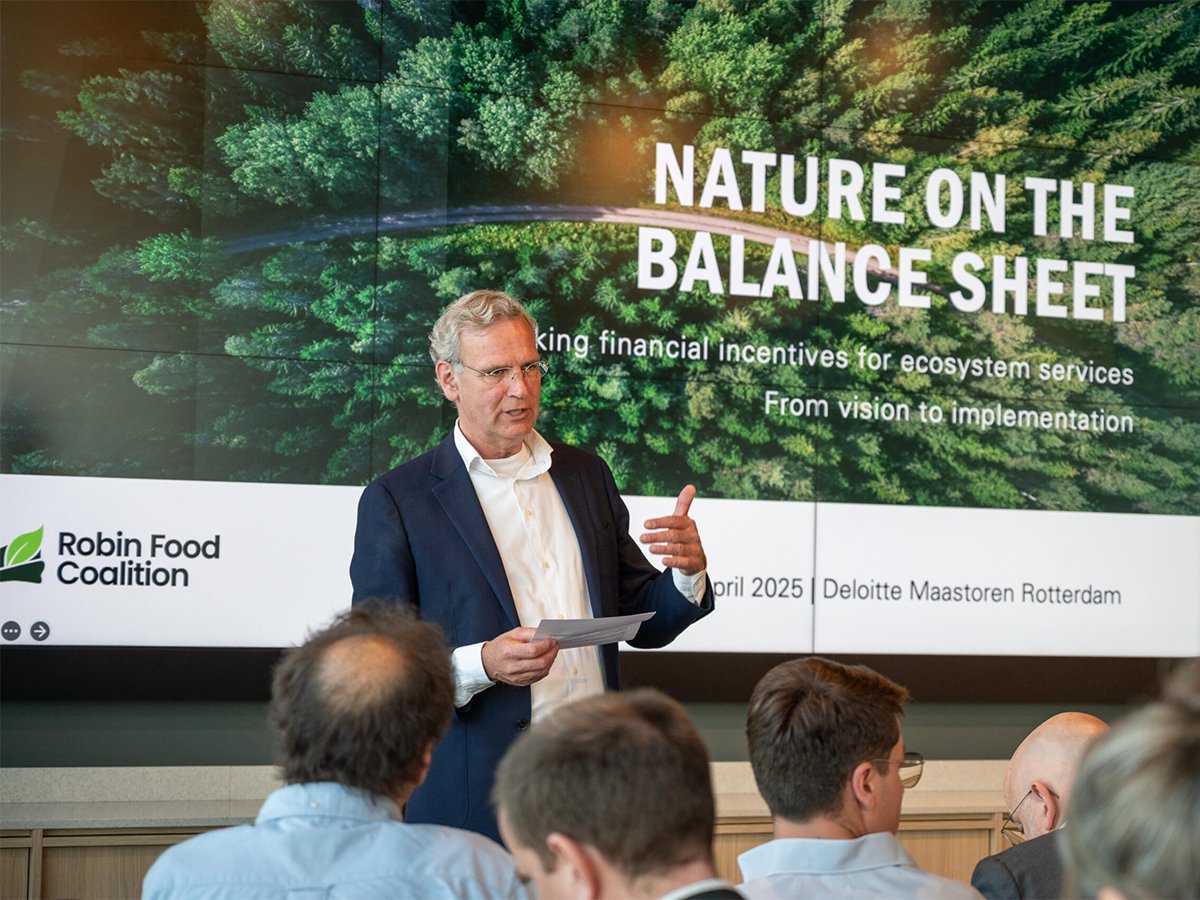Manitoba agriculture minister Rosann Wowchuk is defending her government’s record on promoting biodiesel and ethanol.
In the month before the last election in June 2003, Wowchuk was promising tax breaks for small-scale ethanol plants combined with cattle feedlots or hog farms. The livestock would be fed the dried distillers grains leftover from ethanol production, creating a value-added process to boost the rural economy.
The feedlot-ethanol schemes might have taken off, she said, except for the unexpected appearance of BSE in May that same year that crippled the cattle industry.
Read Also

Activist urges new way to measure profitability
Organic activist praises Mark Carney for spearheading the Task Force on Climate-related Financial Disclosures.
“BSE put a tremendous amount of pressure on people. Some of those people who were thinking about feedlots are still recovering,” she said.
Besides Husky Energy’s 130-million-litre ethanol expansion in Minnedosa, Wowchuk said a number of operations are in various stages of completion, including Bifrost Bio-Blend’s plant at Arborg, which has begun producing biodiesel and is in the midst of an expansion process.
“I believe there’s room for more ethanol and biodiesel. There’s also room for biogas, and that’s why we’ve put money into three pilot projects to look at how you might capture energy off of lagoons.”
Some of the ventures, especially co-operatives, are struggling to find investors. This is the same problem as encountered in the failed attempt by the Rancher’s Choice Beef Co-op to set up a slaughter plant in Dauphin, Wowchuk said.
“We were ready to put money in, but the producers couldn’t raise their share. There are a couple of other projects going on right now where they aren’t able to raise the money in rural communities,” said Wowchuk.
The province has a number of programs for would-be biofuel producers seeking assistance with feasibility studies, she said. Gasoline will require an ethanol content of up to 8.5 percent by the end of this year under legislation the NDP has already passed.
For its part, the Progressive Conservative Party of Manitoba has pledged to keep the NDP’s existing 11.5 percent road tax exemption for the biodiesel portion of blended fuel, and a 2.5 cents per litre tax break for gasoline containing 10 percent ethanol.
The Conservatives would go further, promising low-interest loans and grants for biofuel plants, provided they can handle different feedstocks to avoid competing with livestock producers for feed grains.
In a statement, the party added that it would expand use of E85 by the government’s fleet, currently at 200 vehicles. This would increase demand for the fuel, which is a mix of gasoline and 85 percent ethanol, now available at only one filling station in Winnipeg.
Also in the Conservative party biofuel platform is a provision to help biofuel producers market byproducts such as distillers grains, with the aim of reducing reliance on subsidies. The party will also consult with the biofuel industry on tax incentives to get production up and running.
Provincial Liberal leader Jon Gerrard said his party would first create an environment where consumers would be comfortable making the switch to biodiesel by assisting producers with quality control testing.
“I think that people are excited about using it, but we want to make sure that there will be no problems,” he said.
Once public confidence is established, Gerrard said, demand for biodiesel will stimulate the construction of more production facilities.
Green Party candidate for Minnedosa, James Beddome, said his party isn’t convinced that biofuel is the answer. The party opposes the construction of large-scale plants.
“We’re very skeptical about biofuels, especially when the raw materials are being trucked from one area to the next,” said Beddome.
“Even cellulosic ethanol has the potential to drain the carbon from our soils. If we pull it out of the soil, then we won’t be able to grow the food that we need.”














